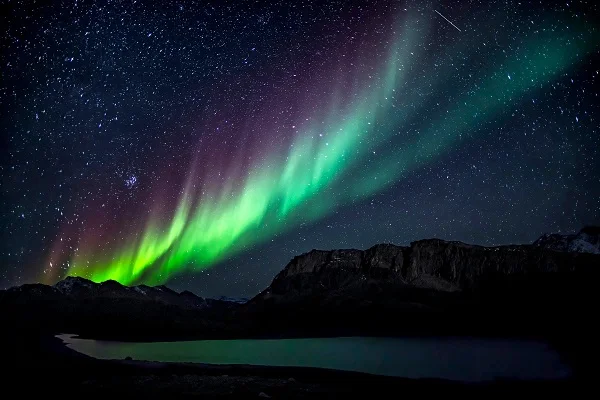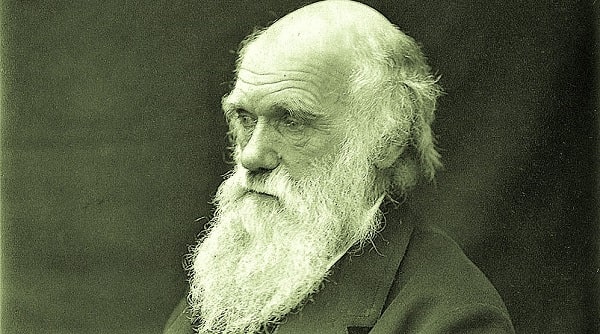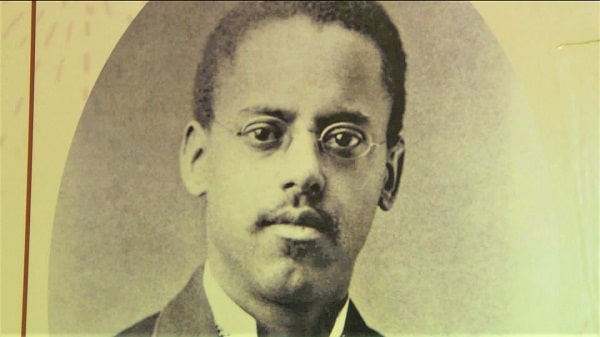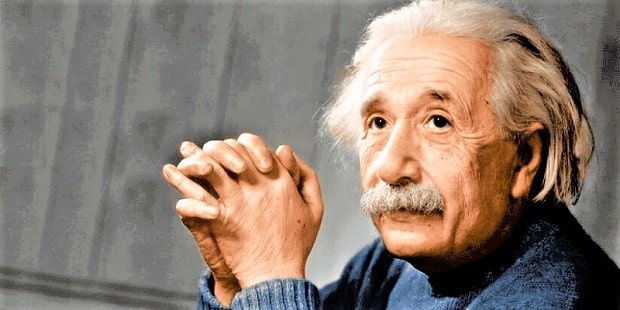Lloyd Banks Height
Lloyd Banks, born Christopher Charles Lloyd on April 30, 1982, in New Carrollton, Maryland, is an popular American rapper and songwriter best known as a founding member of the hip-hop group G-Unit. Banks gained prominence for his sharp lyricism, punchlines, and distinctive flow, solidifying his status as one of the most respected lyricists in hip-hop. … Read more










